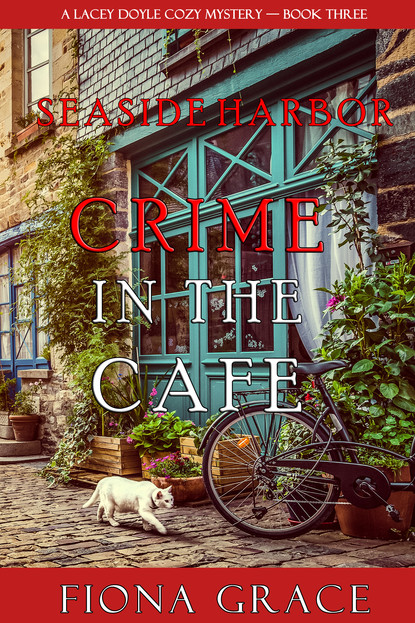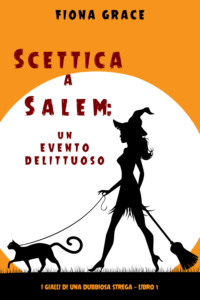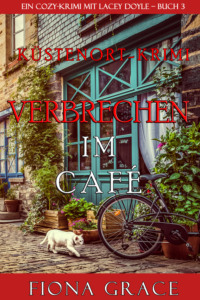Death and a Dog

Полная версия
Death and a Dog
Жанр: детективытриллерызарубежные детективызагадочные убийстватемное прошлоепсихологические триллерымистические триллерырасследование убийств
Язык: Английский
Год издания: 2020
Добавлена:
Серия «A Lacey Doyle Cozy Mystery»
Настройки чтения
Размер шрифта
Высота строк
Поля
Конец ознакомительного фрагмента
Купить и скачать всю книгу










